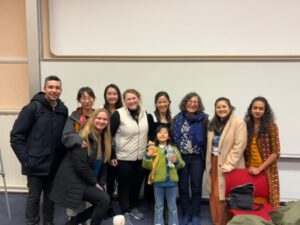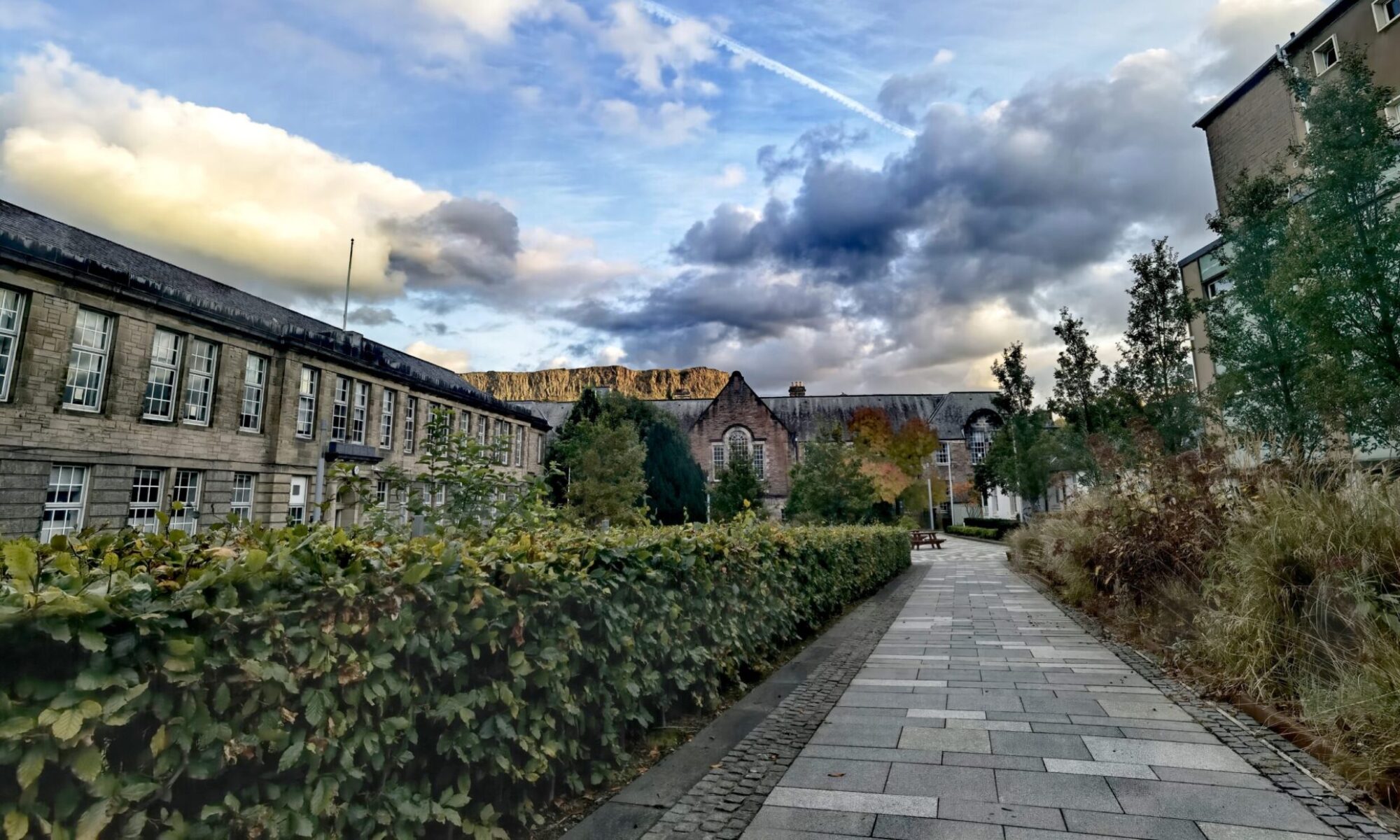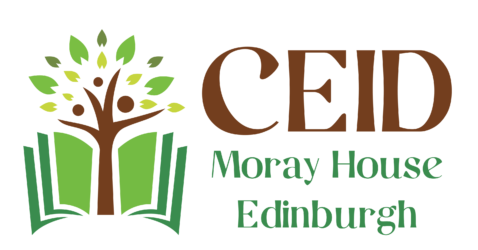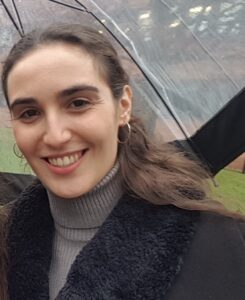
By Katia Mackley, MSc CEID class of 2023
On 31st March 2023, our Comparative Education and International Development (CEID) Society hosted Professor Elaine Unterhalter from University College London. As a master’s student from the CEID programme I had come across her name several times in my courses and was excited to be able to meet her in person and learn more about her current work.
Professor Unterhalter presented on girls’ education and specifically on four common framings found in the research and advocacy on girls’ education: what works, what matters, what disorganises and what connects. I found it very interesting to dig a little deeper on the topic of girl’s education and think about how it can be framed. I was already a little familiar with some concepts but an idea that struck me is how she presented gender as grammar, in the way that it is not just a noun but can also be understood as an adjective and a verb. This is an important way of looking at gender because it highlights its complexity of the concept of gender and helps to think through the different ways that gender impacts education. I also enjoyed learning more about her current Accountability for Gender Equality in Education (AGEE) project and how the AGEE framework connects with the capability approach.
One of the best parts of the event was learning from the audience which I found had very interesting comments and questions. A comment that struck me was on the idea of co-creation linked to the AGEE framework and how we need to be careful of power dynamics within this space. We also had a brief discussion on how we can finance education and what could be implemented. The idea of tax justice and redistribution was brought up. It felt quite special to be in a room full of other students and faculty members who are passionate about their topic and care about making education more inclusive and more accessible! There were about 25 people who attended, some joined us from Glasgow. Lastly, CEID students had the opportunity to go out to dinner with Elaine and continue the conversation on gender and education. She was very down to earth and easy to talk to. I felt very inspired after the event and a little more hopeful about the world.


 Maria-Rafaela Kaldi, CEID class of 2020 Nationality: Greek Current Position: Education Policy and Research Consultant at the Global Education Monitoring (GEM) Report, UNESCO
Maria-Rafaela Kaldi, CEID class of 2020 Nationality: Greek Current Position: Education Policy and Research Consultant at the Global Education Monitoring (GEM) Report, UNESCO